When external rewards replace intrinsic motivation, creativity and genuine engagement decline.
Written by: The Smart Ape
Translated by: AididiaoJP, Foresight News
I recently came across a quote from Herbert Simon: "The wealth of information means a dearth of attention."
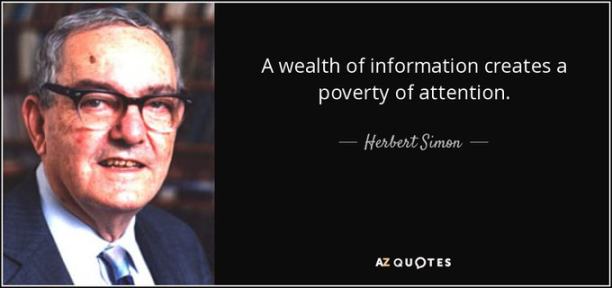
This quote is from 1971, and over time, it has become increasingly true.
Through @KaitoAI, attention is transformed into a currency, and the value of content is measured and converted into Yaps, which represent mental shares.
But there is a paradox behind this: in the attempt to focus and monetize attention, we may actually be consuming attention indiscriminately, meaning attention is stifling attention.
Background
Recent studies show that the average attention span of people in front of screens has dropped to about 50 seconds today, down from 2 minutes in the early 2000s.
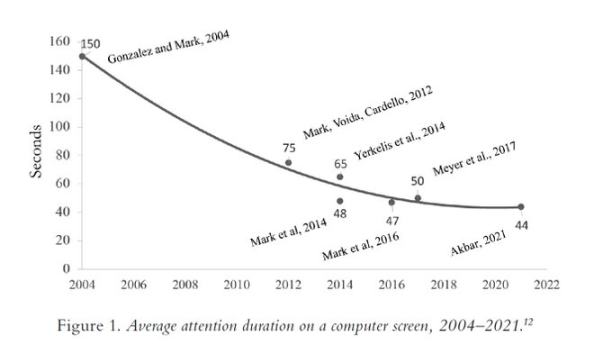
On average, it takes about 23 minutes to regain deep focus after each interruption.
This data suggests that the more we try to capture attention by increasing information and signals, the more we are actually weakening it.
Psychologists refer to this phenomenon as "directed attention fatigue." This is the fatigue that occurs when the brain has to continuously filter distractions to maintain focus.
The Psychology of Attention
There are many psychological studies and paradoxes regarding attention.
Charles Goodhart once said, "When a measure becomes a target, it ceases to be a good measure."
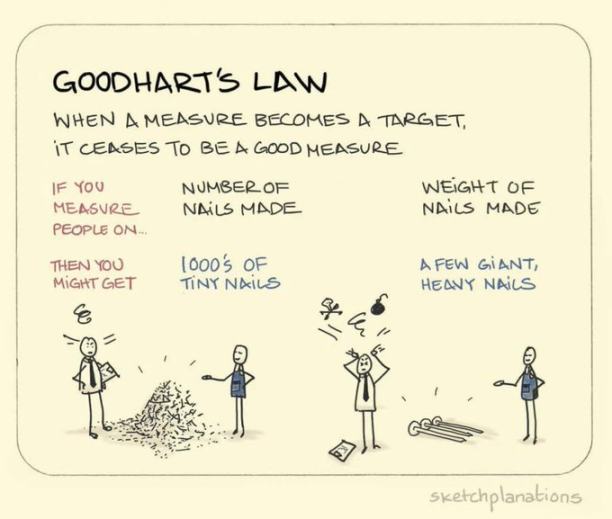
Kaito's goal is to establish a reward mechanism by measuring attention. But once attention itself becomes the target, Kaito's measurement loses its meaning.
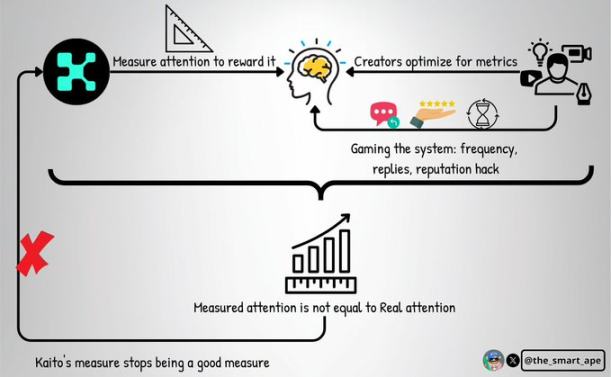
Numerous studies have shown that when external rewards replace intrinsic motivation, creativity and genuine engagement decline. In Kaito's case, the rewards clearly diminish authenticity.
What is unique is that Kaito's reward system is highly addictive, much like casino games.
It keeps creators continuously engaged but also leads to fatigue and dependency, thereby weakening collective attention.
Kaito's Commitment
It is not surprising that Kaito is addictive for creators; it distributes substantial rewards through a gamified experience. Kaito has distributed over $110 million to more than 200,000 wallets (excluding its own airdrops).
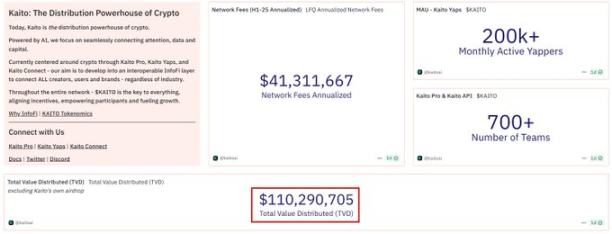
Some activities have allowed individual creators to earn over $200,000.
But it is precisely this scale of incentives that stifles attention. With so much funding and rewards available, creators are forced to optimize posting frequency, response strategies, and interaction tactics, rather than cultivating deep thinking habits.
Additionally, posts on X have a lifespan of only about 80 minutes, after which interaction drops sharply. This brings additional pressure for high-frequency posting. Some creators have published over 200 posts on a single project within a month just to gain mental shares.
As a result, readers are bombarded with repetitive content, becoming numb and losing interest, even if the information may be useful.
I know many people who ultimately chose to mute project names during Kaito activities just to prevent them from appearing in their feeds.

The Stifling of Attention
The leaderboards on Kaito are also unhelpful; I have personally experienced this.
When you rank high, you feel you must maintain it, so you force yourself into a tiring rhythm to keep your position. This is a psychological effect: you have already imagined the rewards you will receive.

It truly feels like a casino. You never know how much you will get. Sometimes it is generous, sometimes disappointing, but it is always addictive.
It brings a lot of joy in CT, but also disappointment and frustration. One thing is certain: almost everyone takes this game seriously, including myself!
This drives all of us to build game strategies, support networks, interaction optimizations, and so on. It is no longer about genuine attention but about performing attention to win the game.
But I know this comes at a cost to readers; the content stream becomes homogenized and repetitive, thus originality loses its value.
Kaito Understands This
It is clear that Kaito understands all of this, and their recent updates prove it.
But I think they can do more to reduce the "attention stifling" effect:
Consider actual reading time,
Reward the uniqueness of arguments,
Encourage diversity in cited sources,
Punish spam through posting delays.
I don't know if they have already done these things, but they could also place more value on content that can maintain deep attention.
They could reward longer, more comprehensive content rather than just viral, homogenized snippets.
The issue is not in measuring but in long-term protection of attention, which is much more difficult.
Conclusion
Today, Kaito and the broader narrative of "monetizable attention" are at their peak.
But it also shows clear signs of fatigue. In this ecosystem, nothing can last forever; it is certain that this narrative will eventually fade away gradually. Like attention itself, it is temporary.
Kaito's real challenge is to sustain its vitality for as long as possible, which is precisely what they are trying to do through updates and development.
But like fossil fuels, we have found a way to monetize a scarce resource, yet we may be consuming it faster than we can replenish it.
It should be clear that I am also playing this attention game on Kaito. Even if I only choose a few projects that I like and feel optimistic about, this game still matters to me.
I track my position on the leaderboard, check my daily Yaps, monitor the impact of my posts on mental shares, and so on. So I have enough qualifications to talk about it.
For creators, it is a psychologically demanding but rewarding game. But ultimately, regardless of my results on Kaito, I try to step back and remind myself that what truly matters is to continue providing value, no matter what the metrics say.
免责声明:本文章仅代表作者个人观点,不代表本平台的立场和观点。本文章仅供信息分享,不构成对任何人的任何投资建议。用户与作者之间的任何争议,与本平台无关。如网页中刊载的文章或图片涉及侵权,请提供相关的权利证明和身份证明发送邮件到support@aicoin.com,本平台相关工作人员将会进行核查。




